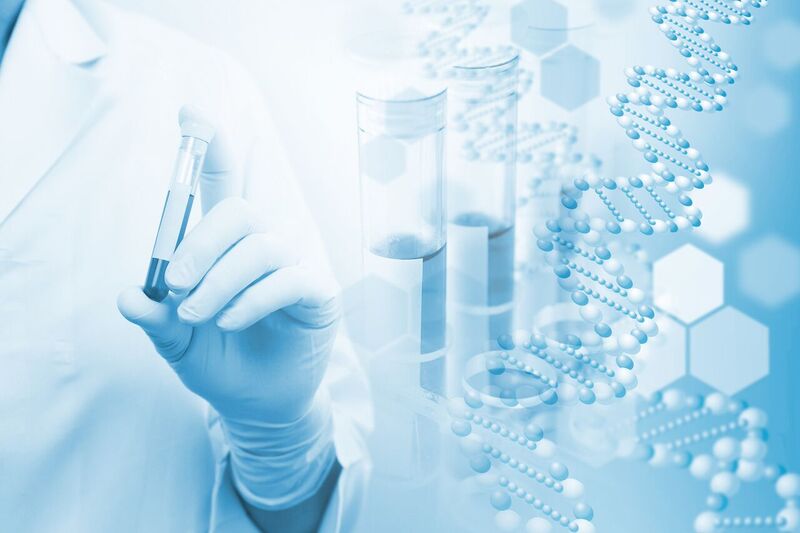
It’s no secret that new technology is often seen as potentially a “major disrupter” of the way healthcare is delivered, but often those predictions crash on the shoals of what is a very complex healthcare landscape.
As a recent report from McKinsey & Co. drily sums it up, “traditional healthcare dynamics—resulting from ingrained consumer mindsets, highly-trained clinician behaviors, entrenched stakeholder interests, a complex regulatory framework, and the fragmented nature of the market—have affected and may continue to affect adoption of progress.”
But that same report suggests that the technological stars, including developments in AI, may just be coming into alignment, and if they do, well, big change may actually, finally, be upon us.
Within the next decade, the report argues, healthcare will see emerging technologies including artificial intelligence, cloud computing, predictive analytics and blockchain spurring billions of dollars in value increases.
As for what might come of it all, the report points to four possible disruptive changes that could transform healthcare in the coming years:
• Modernized transaction and data infrastructure: The introduction of new technology may automate risk prediction and utilization management; create a machine learning-driven, patient-centric data infrastructure; and streamline current billing and insurance transaction infrastructure.
• Radically more efficient medical supply chain: A combination of real-time patient monitoring, AI and drone deliveries could disrupt the typical business models of distributors in the pharmaceutical and medical products industries by delivering supplies to patients' homes as soon as they are needed.
• Faster, more effective therapy development: While the abilities to analyze longitudinal patient records and test new therapies on 3D-printed tissue will expedite the time it takes to prove the safety of innovative treatments, AI and advanced analytics will simultaneously make more traditional clinical trial methods more effective and efficient.
• New, personalized and intuitive healthcare ecosystems: Patients and their families will be ensconced in personalized ecosystems of care, which will use AI and telehealth technologies to ensure they receive the proper care any time and anywhere.
Drilling down further, the report says “perhaps the most significant change could be the creation of intuitive and personalized ecosystems of care centered around patients and their families, into which their community of medical and social caregivers would be integrated. Such ecosystems would make possible the delivery of the right type and amount of care, in the right setting, at theright time.”
Among the enabling factors in this scenario are advanced analytics and AI personalization engines that can generate insights for patients and their community of caregivers, and “real-time refinement of individualized care solutions and cognitive engagement through an AI-enabled interaction medium.”
Such “exponential progress,” however, is not necessarily preordained, the report notes. Technology-driven progress can be quite expensive in the early days as initial R&D costs are amortized.
That said, “once progress gets underway and the exponential improvements seen typically with information and communication technologies take root, at-scale costs could drop rapidly.”


